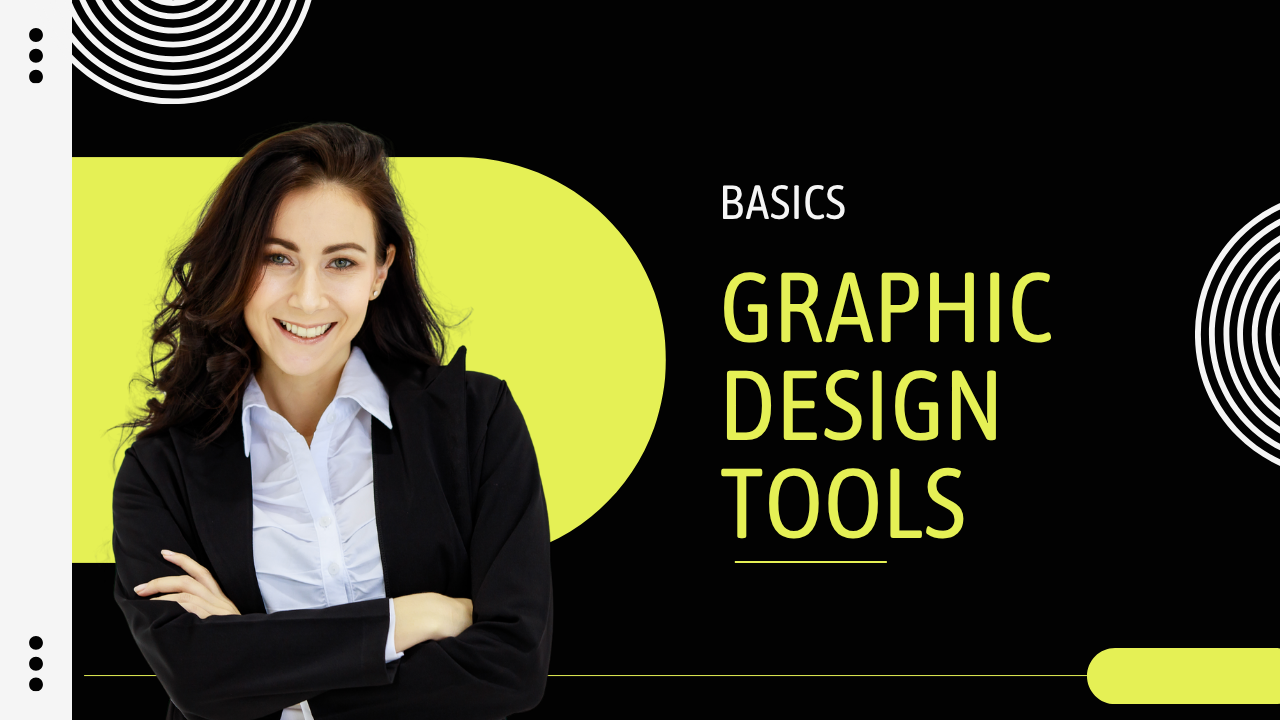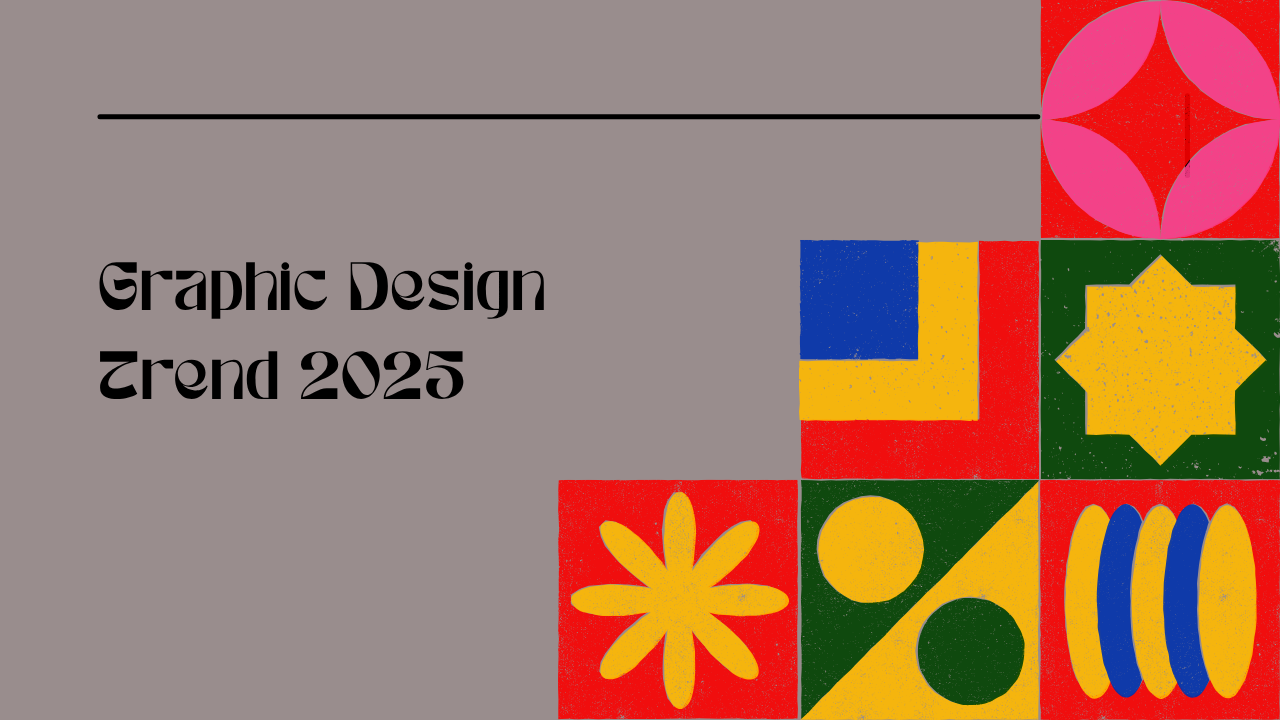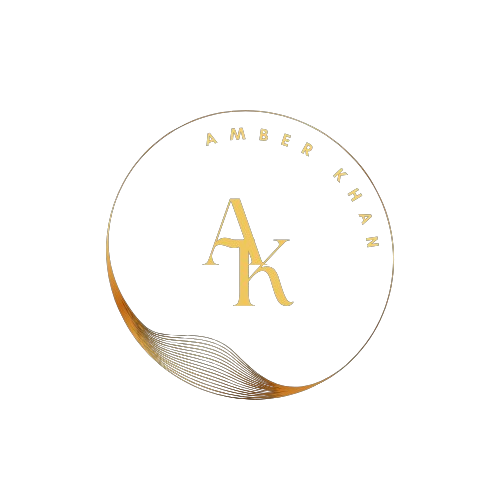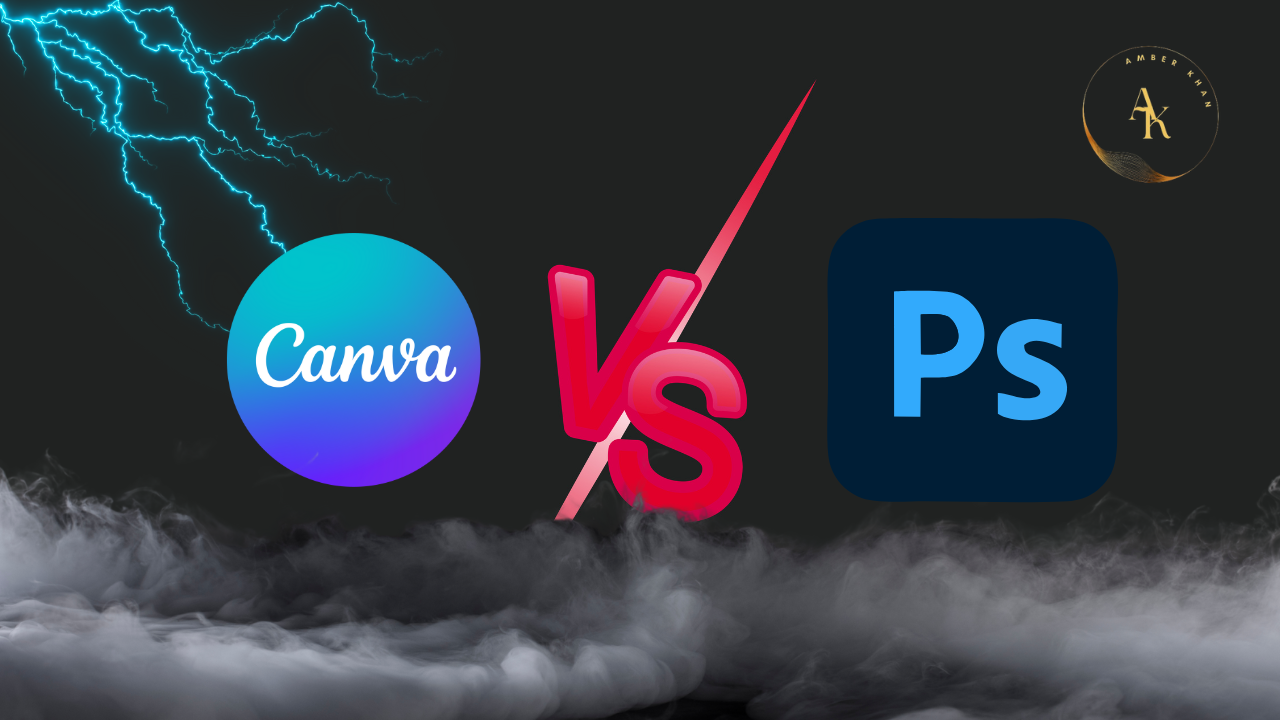
Graphic design is one of the most in-demand creative skills in today’s digital world. Whether you’re building social media content, branding a business, designing websites, or creating presentations—graphic design tools are essential. For beginners, however, expensive software like Adobe Photoshop or Illustrator can be intimidating and costly. Luckily, there are powerful free design tools that are beginner-friendly, professional, and perfect for getting started in 2025.
In this guide, we’ll explore the top 10 free graphic design tools every beginner should consider. These platforms allow you to create, experiment, and grow your design skills without investing money upfront. Let’s dive into the best options to start your creative journey today!
1. Canva – Best All-Round Design Tool for Beginners
Website: [www.canva.com] (https://www.canva.com)
Canva is arguably the most popular design tool among beginners. With an easy drag-and-drop interface, thousands of pre-designed templates, and access to millions of free elements, it’s ideal for creating social media graphics, posters, business cards, presentations, and more.
Key Features:
* Free templates for all design needs
* User-friendly interface (no prior experience required)
* Access to stock photos, icons, and fonts
* Available on web and mobile apps
Why Beginners Love It: Canva helps you create professional-looking designs quickly, even with zero experience.
2. Figma – Best for UI/UX and Web Design
Website: [www.figma.com] (https://www.figma.com)
Figma is a free cloud-based design tool mainly used for user interface and user experience (UI/UX) design. It’s perfect for those interested in app design, wireframes, website prototypes, and collaborative work.
Key Features:
* Real-time collaboration (ideal for teams)
* Interface design, prototyping, and wireframing tools
* Plugins for design automation
* Free starter plan with plenty of features
Why Beginners Love It: Figma is intuitive, modern, and industry-standard for web design beginners.
“Get rid of everything that is not essential to making a point.”
-Christopher Neimann
3. Photopea – Free Alternative to Photoshop
Website: [www.photopea.com] (https://www.photopea.com)
Photopea is a free online photo editor with an interface almost identical to Adobe Photoshop. It supports PSD files and advanced editing features, all within your browser.
Key Features:
* Supports PSD, XCF, Sketch, and other formats
* Layer-based editing
* Brushes, filters, and text tools
* No downloads needed
Why Beginners Love It:It feels like Photoshop without the price tag or installation.
4. Gravit Designer – Vector Design Made Easy
Website: [www.designer.io] (https://www.designer.io)
Gravit Designer is a free vector-based design tool suitable for logo design, icons, UI elements, and illustrations. It works in your browser or as a desktop app.
Key Features:
* Clean and simple interface
* Vector editing tools
* Cross-platform compatibility
* Free version supports core design features
Why Beginners Love It:It’s a great first step into the world of vector graphics and scalable design.
5. Adobe Express – Quick and Stylish Graphics
Website: [www.adobe.com/express](https://www.adobe.com/express)
Formerly known as Adobe Spark, Adobe Express is Adobe’s answer to Canva. It allows you to quickly create beautiful graphics, videos, and social content using pre-made templates and design assets.
Key Features:
* Access to Adobe Fonts and Stock
* Simple drag-and-drop tools
* Templates for Instagram, Facebook, YouTube, etc.
* Mobile and desktop versions
Why Beginners Love It: It’s from Adobe, yet it’s free and very beginner-friendly.

6. Pixlr – Online Photo Editor and Graphic Tool
Website: [www.pixlr.com] (https://www.pixlr.com)
Pixlr is a fast and powerful browser-based photo editor with a sleek interface. It’s excellent for image retouching, background removal, and quick design tasks.
Key Features:
* AI-powered background removal
* Advanced photo editing tools
* Templates and design overlays
* No registration required for use
Why Beginners Love It: Lightweight, fast, and offers Photoshop-like tools online for free.
7. Vectr – Beginner-Friendly Vector Tool
Website: [www.vectr.com] (https://www.vectr.com)
Vectr is a simplified vector graphic editor for people who are just starting out with logo and icon design. It’s cloud-based and easy to learn.
Key Features:
* Real-time collaboration
* Auto-save and cloud storage
* Vector-based shapes and pen tools
* Learning tutorials built-in
Why Beginners Love It: A great stepping stone into vector design with less complexity than Adobe Illustrator.
8. Crello (Now VistaCreate) – Stunning Design Templates
Website: [www.vistacreate.com] (https://www.vistacreate.com)
Crello is similar to Canva but offers a unique library of animated templates, making it perfect for eye-catching social media posts and digital ads.
Key Features:
* Animated graphics and videos
* Thousands of ready-made templates
* Music and video integration
* Free version with solid features
Why Beginners Love It: Great for making animated content without needing motion design skills.
9. Inkscape – Open-Source Vector Design Software
Website: [www.inkscape.org] (https://www.inkscape.org)
Inkscape is a free, open-source software used for professional vector design. It’s a powerful tool similar to Adobe Illustrator, great for those wanting to dive deeper into vector art.
Key Features:
* Full-featured vector drawing tools
* Cross-platform (Windows, macOS, Linux)
* SVG file support
* Advanced path editing
Why Beginners Love It: Free and capable of professional-level vector work without paying for Illustrator.
10. GIMP – Free Alternative to Photoshop for Image Editing
Website: [www.gimp.org] (https://www.gimp.org)
GIMP (GNU Image Manipulation Program) is a powerful, open-source alternative to Photoshop. It’s excellent for photo manipulation, retouching, and digital painting.
Key Features:
* Full suite of editing tools
* Layer support and masking
* Open-source with plugin extensions
* Suitable for digital painting and manipulation
Why Beginners Love It: Completely free and great for learning advanced editing techniques.

Conclusion: Start Designing Without Breaking the Bank
You don’t need expensive software or formal training to get started in graphic design. In 2025, there are countless free tools that are powerful, accessible, and perfect for beginners. Whether you’re interested in photo editing, vector design, social media graphics, or UI/UX design—there’s a tool for every creative goal.
Start with what feels most intuitive (like Canva or Adobe Express), then explore more advanced tools (like Figma or GIMP) as your confidence grows. With these free resources at your fingertips, there’s nothing stopping you from becoming a skilled graphic designer.
Remember, great design isn’t about the tools you use—it’s about the creativity, practice, and passion you put into every project.
Latest Blogs
Canva vs Photoshop: Which is Better for Beginners in 2025?
Latest Graphic Design Trends You Must Know in 2025
FAQ
Get Your Answers Here
Q1: Which is the best free graphic design tool for beginners in 2025?
Canva and Adobe Express are the easiest tools for beginners because they provide ready-made templates, drag-and-drop features, and a huge library of free design assets.
Q2: Can I use free graphic design tools for professional work?
Absolutely! Tools like Figma, GIMP, and Inkscape are professional-grade platforms used by freelancers, businesses, and even design teams worldwide—without costing a single dollar.
Q3: What is the difference between vector and raster design tools?
Vector tools (e.g., Inkscape, Vectr, Gravit Designer) are perfect for logos, icons, and scalable graphics because they don’t lose quality when resized. Raster tools (e.g., GIMP, Photopea, Pixlr) are better for editing photos and pixel-based images.
Q4: Do I need to learn Photoshop or Illustrator if I already use free tools?
Not necessarily. Free tools like Photopea (similar to Photoshop) and Inkscape (similar to Illustrator) already provide many professional features. However, learning Adobe software can give you an advantage if you’re aiming for a career in big design agencies.
Q5: Are free design tools safe to use?
Yes, most of the tools mentioned (like Canva, Figma, GIMP, Inkscape, and Pixlr) are widely trusted and safe. Just make sure you’re downloading from the official websites to avoid fake versions or malware.





Great Post